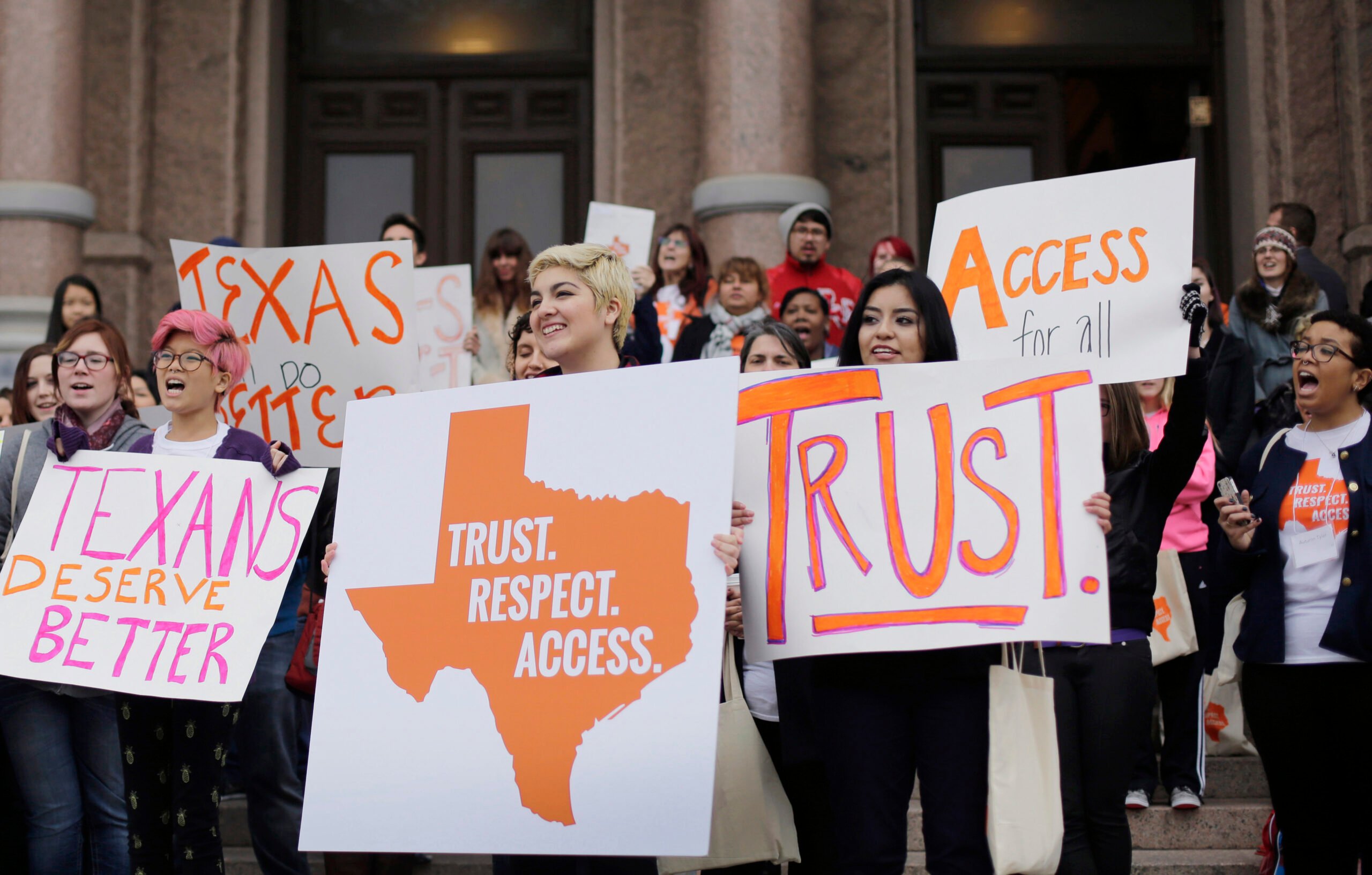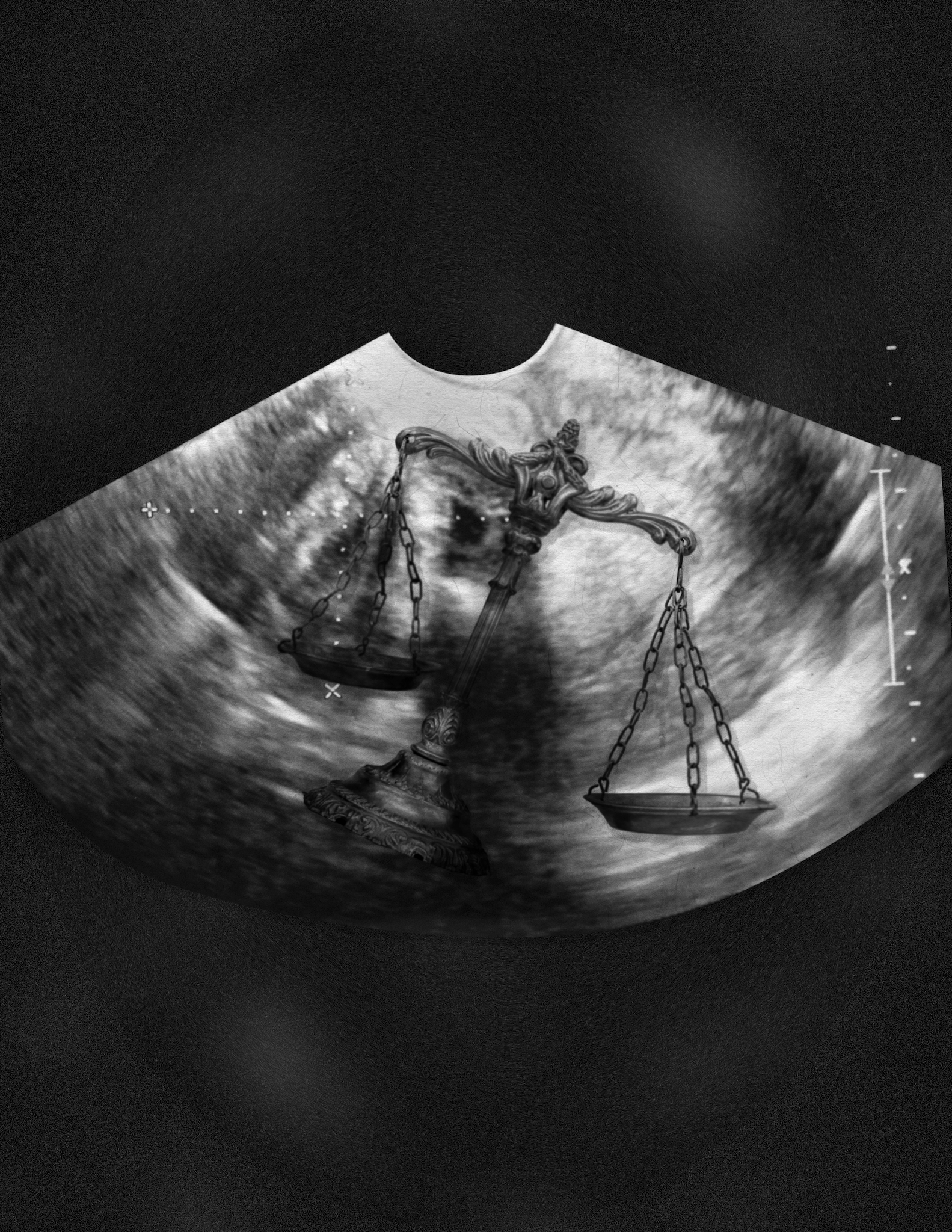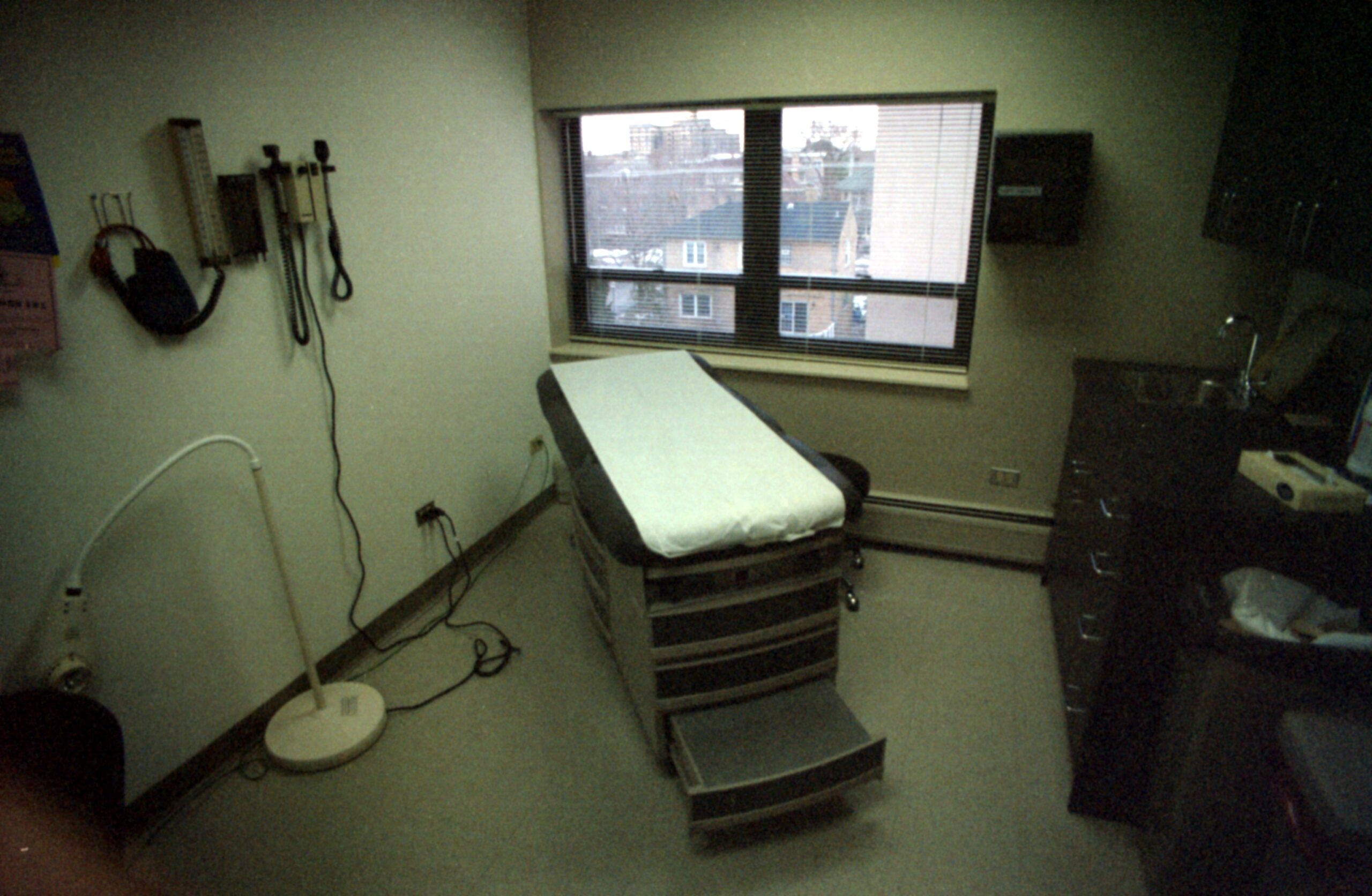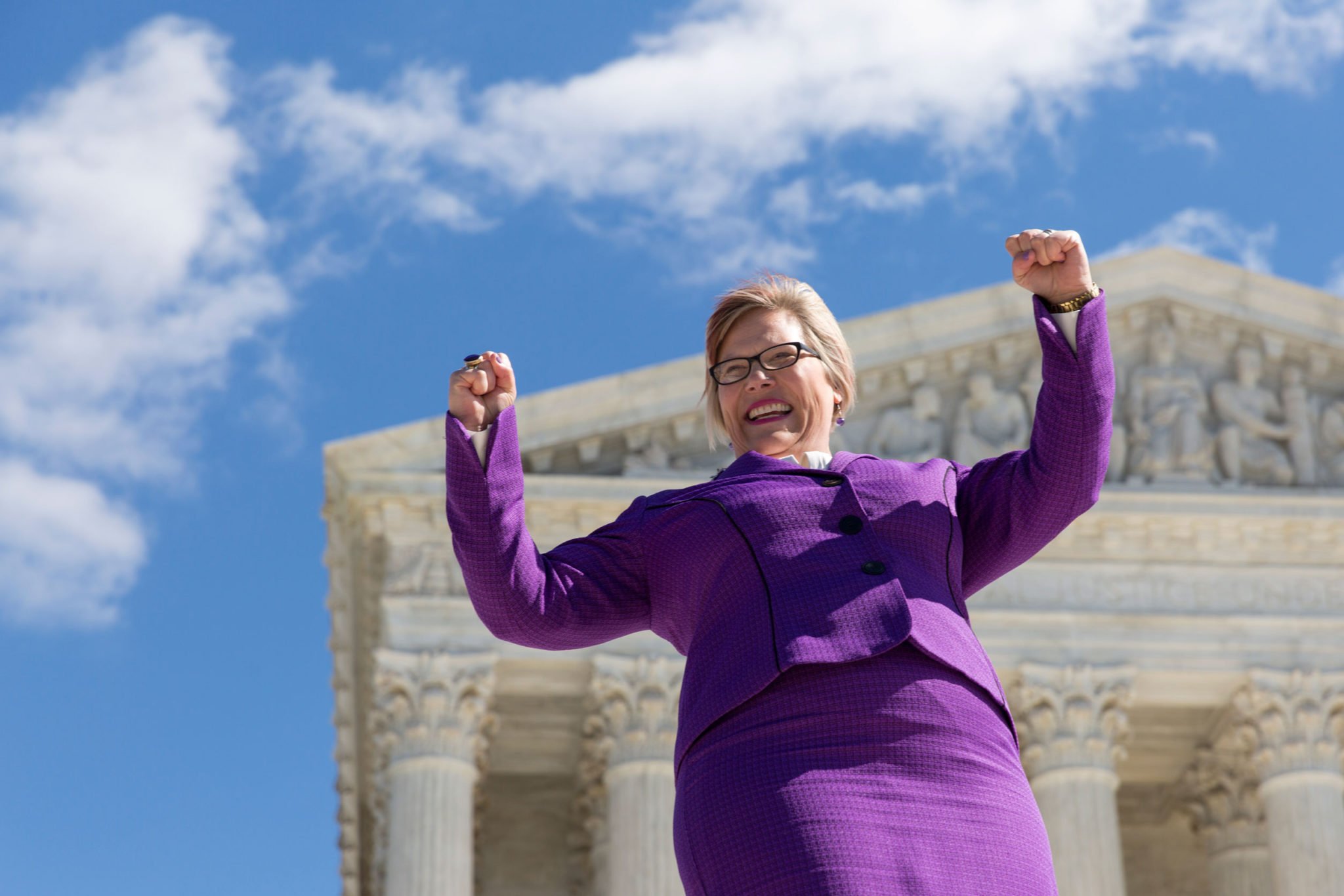
Austin Abortion Clinic Reopens After Supreme Court Ruling. Will Any More Follow?
Whole Woman’s Health is accepting appointments in Austin this week while about two dozen other clinics remain closed in the wake of HB 2.
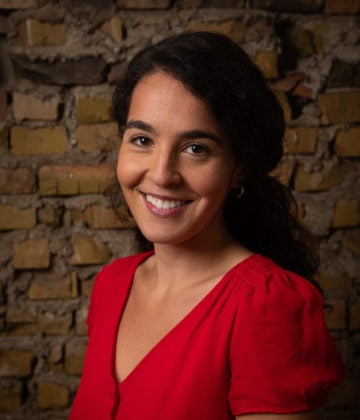
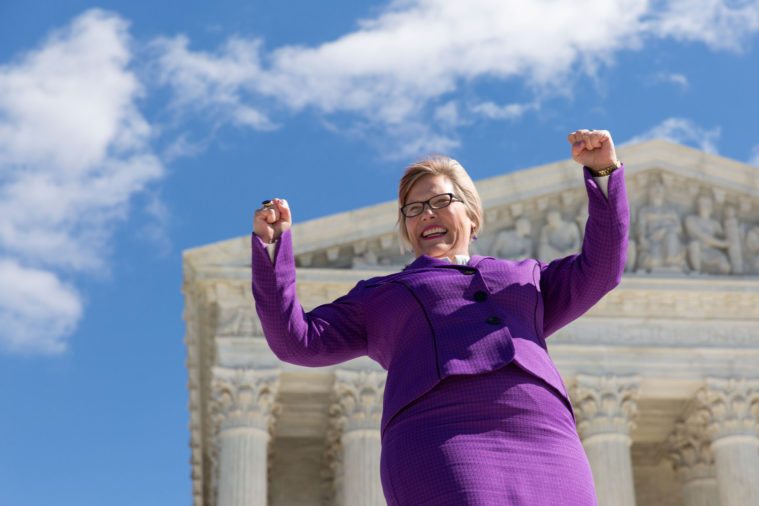
Nearly one year after the U.S. Supreme Court struck two major provisions from Texas’ sweeping anti-abortion law, the clinic at the center of the case is emerging from what its staff call the “Age of Uncertainty.”
Whole Woman’s Health will reopen its Austin clinic to patients this week for the first time in three years — the second to do so since Texas’ House Bill 2 forced more than half the abortion clinics in the state to close. The only other to reopen, Northpark Medical Group in Dallas, quietly began seeing patients in February. A Planned Parenthood clinic in Waco obtained a state license but hasn’t resumed services.
The U.S. Supreme Court ruled in June that two core provisions of the 2013 law — a requirement that doctors performing abortions have admitting privileges at a nearby hospital and another that facilities meet the standards of ambulatory surgical centers — created an undue burden on abortion access. Despite ongoing legal challenges, the admitting privileges requirement was allowed to continue nearly uninterrupted until the Court deemed it unconstitutional three years later.
The 2016 decision stopped other states from pushing forward similar legislation, but in Texas, the damage was already done. About two dozen of the state’s 44 abortion clinics closed their doors since fall 2013.
While abortion providers cheered the Supreme Court decision, reopening a clinic is logistically and financially difficult, said Amy Hagstrom Miller, owner of Whole Woman’s Health and the lead plaintiff in Whole Woman’s Health v. Hellerstedt.
“When you have to close a clinic, you have to sell the building or break your lease, doctors and staff have to get other jobs, you have to sell the equipment and instruments, and you have to surrender your pharmacy license, lab license, license from the health department,” she said in an interview with the Observer. “All that stuff has to be rebuilt if and when you’re able to reopen.”
Hagstrom Miller owned five clinics in Texas when HB 2 went into effect. She was forced to close her Austin and Beaumont clinics in 2014 because of the new law. Her clinics in McAllen and Fort Worth were closed and reopened several times within the three-year period, and are currently operational. Only the San Antonio location remained open.
Texas’ House Bill 2 forced more than half the abortion clinics in the state to close.
The process of shuttering the Whole Woman’s Health clinics cost well over $1 million, she said. In Beaumont, she was paying the mortgage on the building while she tried to sell it, a process that took almost three years. She also gave some employees a severance package and continued to pay vendors until she could end the contracts.
“At one point I had half a million dollars in credit card debt,” she said, “which I’ve never had in my life.”
The flagship Austin clinic plans to reopen on April 28 as a non-profit, a change that will allow Hagstrom Miller to accept donor funding — she raised $400,000 to help pay for physical improvements, equipment and staff training. A longtime support network in Austin, plus holding on to the building in the interim, made reopening there more feasible. But the process was certainly not without challenges.
“Once people know what we do it’s hard to get construction people there, or things fall through,” said Hagstrom Miller. The first liability insurer pulled out upon realizing it was for an abortion clinic, and a local wood flooring company refused to do work; she used a national chain instead.
This was the reaction in Austin, a city that Hagstrom Miller calls “a little less crazy” in anti-abortion fervor than other areas that lost clinics following HB 2. The closures have left swaths of Texas without facilities for hundreds of miles — there are none currently operating between San Antonio and El Paso, about a third of the state.
“I don’t think we’re going to see clinics reopening in places like Lubbock, Midland, College Station, Beaumont, or other towns that lost clinics,” she said. “They’re small, don’t have many patients, and can be the hardest to get a doctor to travel to or to get qualified staff that are pro-choice and can stand up to a community where they may be ostracized.”
Correction: This story initially reported the Austin Whole Women’s Health clinic was the first to reopen following the 2016 Supreme Court ruling. Northpark Medical Group in Dallas began seeing patients in February.
